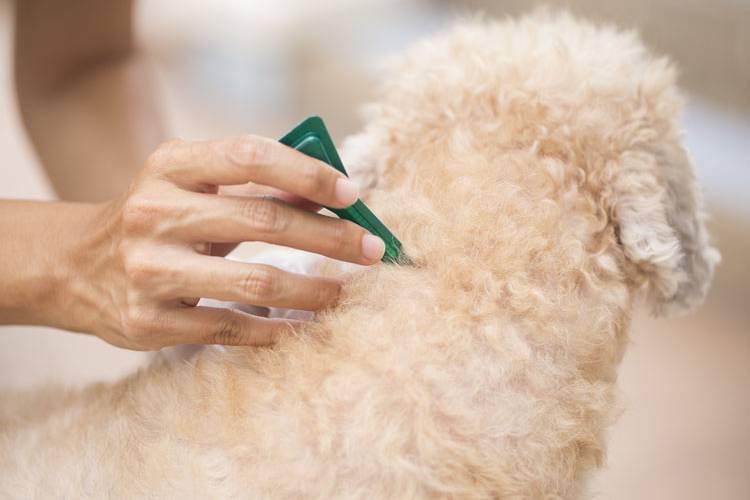Deworming cats and dogs, a health issue
Summer is approaching, a time when we all like to enjoy outdoor activities, especially if we have dogs. But it is also the time of year when we must take more care with the dreaded parasites, which can infect our pets with serious diseases and even cause an infestation in our homes. Learn the keys for a correct deworming and ¡Stop bugs inside and outside!
pets
Share

Whether you have a cat or a dog and whatever thetime of year, the fact is that the internal and external deworming of our animal companions is a fundamental part of their care, since it directly affects their health and well-being.
If you are new to animal care as your pet has just become a part of your family, the ideal approach is for the veterinarian to inform you about the different types of antiparasitic products that exist, aswell as the applicable dosages based on the animal's weight and the precautionsthat must be taken when applying these products. It is also important that weknow how to recognise the different types of parasites that we might discoverand the various products that are on the market to combat them.

How, when and where to apply each product
Since there are both external and internalparasites, there are antiparasitic products specially indicated to fightagainst them. We can findthem both in veterinary clinics and in our usual supermarket.
Internal deworming of dogs and cats is recommended every three months. However, when cats are kittens of up to three months ofage, deworming must be done every two weeks. For this we have internal antiparasite products, which are usually tablets capable of dealing with thisproblem, such as worms (nematodes and cestodes) and protozoa.
Regarding external deworming, as the saying goes,'prevention is better than cure'. So the best idea is to use antiparasitic products before the animal becomes infested. We have various different options for this, such as parasite repelling products with natural active ingredients or those containing insecticide (fipronil or permethrin), which are also those that should be applied when the animal is already infested.
Mites, ticks, fleas, lice or mosquitoes are external parasites that can be prevented or eliminated by using collars, pipettes,shampoos, pills or sprays, which must be applied in accordance with the animal's weight and with the regularity indicated by the vet, which will alsobe stated on the product instructions.
Although there are those who consider it unnecessary to apply external parasite products in winter, it is advisable to protect our furry friends all year round, especially if we have dogs that go out a lot inthe hills, and even more so if we live in warm areas such as the Mediterranean where we find very mild temperatures, even in winter.
We must also take certain precautions when administering antiparasitic products to our pet. These are the most important:
• Do not use for sick animals (unless indicated by the veterinarian).
• If an anti-parasite product is indicated for dogs, it should not be applied to any other animal species, for example cats and/or rabbits.
• Make sure that the product is applied to an area where the animal is not able to lick it.
• It is advisable not to bathe the animal in the 48 hours following the application of the product, as it reduces its effectiveness.
• Once the product has been applied to the animal, we must wash our hands very well with soap and water.
 ¡Subscribed!
¡Subscribed!







